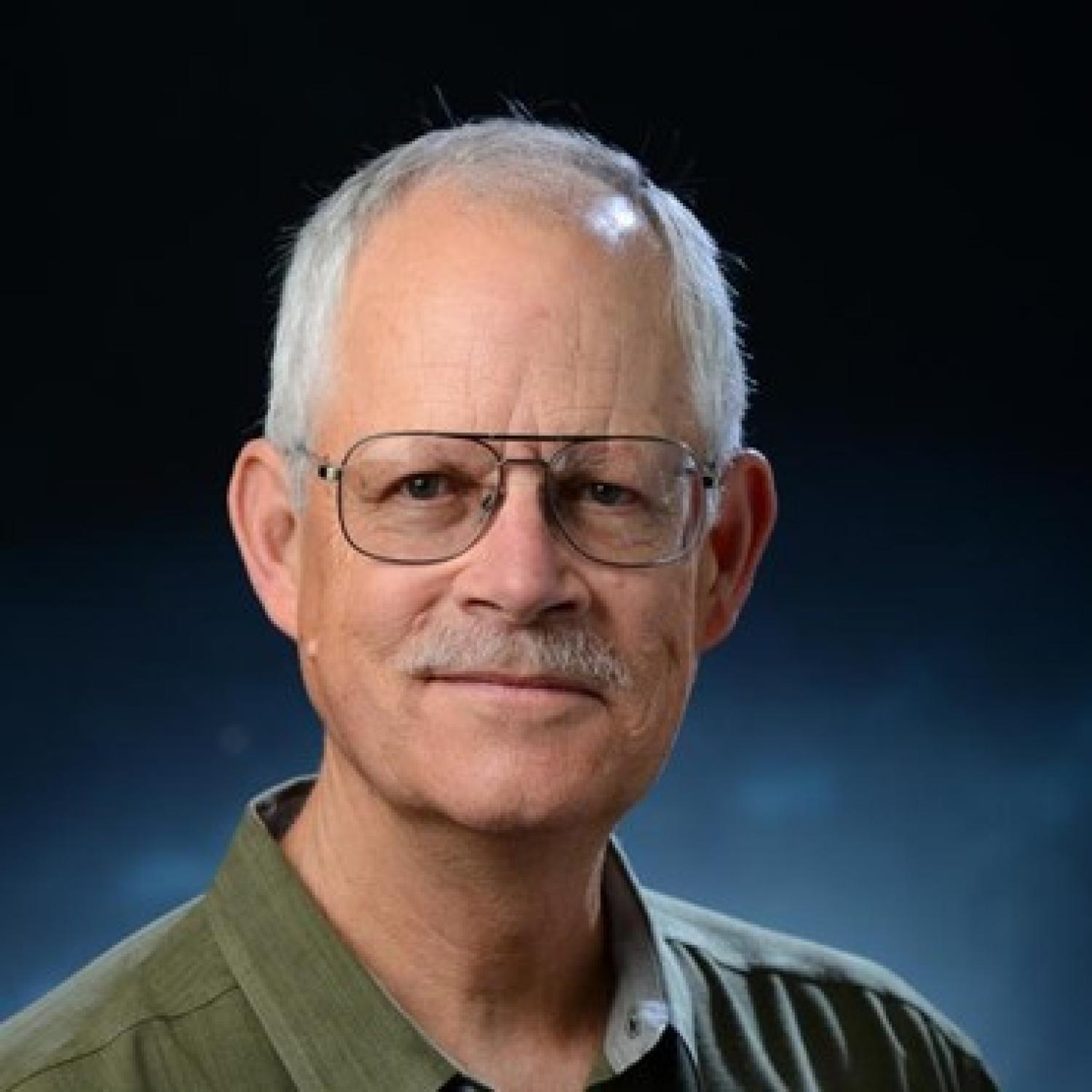Distinguished Professor Seminar Series: Professor Tom Veblen
May 18, 2022.
About the Event
 Front Range Wildfires, Global Warming and Forest Ecology
Front Range Wildfires, Global Warming and Forest Ecology

Join us for our Distinguished Faculty series presentation featuring the distinguished professor of Geography and Biogeography; Conservation, Tom Veblen Ph.D.
Landscape scale forest restoration in Colorado is being driven largely by the belief that a return to forest structures that existed prior to 20th-century fire suppression will simultaneously achieve goals of improved forest health, reduced societal exposure to extreme wildfires, and enhanced forest resilience to climate change. Increasingly, the efficacy of forest restoration practices is being questioned in the context of recent and continuing climate warming. Competing frameworks focusing more explicitly on climate change adaptation are developing within land management institutions as well as more broadly in conservation science, including the Resist-Accept-Direct (RAD) framework. As new climate adaptation frameworks evolve, it is critical that they be based on a sound understanding of how climate variability affects the key broad-scale disturbances of wildfire and tree-killing insect outbreaks. For the forests of the Colorado Front Range, I will synthesize multi-century tree-ring records of fire and insect outbreaks and their relationships to climate variability as well as land management practices. In addition, I will summarize recent research from long-term forest monitoring plots, studies of tree regeneration following recent wildfires and insect outbreaks. Finally, I will discuss the implications of these studies for adapting to continuing climate warming.
About the Speaker
The major research interests of Professor Veblen are forest ecology and vegetation dynamics in relation to natural and anthropogenic disturbances, especially those related to climate change. A principal regional focus of his research has been on the temperate forests of the southern Andes, where he conducted research since 1975 with collaborators and students from CU, Chile, and Argentina. The goal of this continuing research program is a comprehensive understanding of how forests change in structure and composition in response to natural disturbances, land use practices and climatic variation. Another regional focus of his work is Colorado where he is conducting research on the effects of human activities and climatic variation on disturbances by fire and insect outbreaks. Tom uses tree rings to date past disturbance events such as fire and insect outbreaks. His research on the role of disturbances on forest development has been foundational and has led to a major paradigm shift from an equilibrium to a non-equilibrium perspective in ecology.
Davis, KT, SZ Dobrowski, PE Higuera, AZ Holden, TT Veblen, MT Rother, SA Parks, A Sala, MP Maneta. 2019 “Wildfires and climate change push low-elevation forests across a critical climate threshold for tree regeneration.” Proceedings of the National Academy of Sciences, Published March 11, 2019. www.pnas.org/cgi/doi/10.1073/pnas.1815107116.
About the Series
The CU Boulder Retired Faculty Association (UCBRFA) presents The Distinguished Professors of the University of Colorado, a lecture and presentation series featuring some of our finest professors and their extraordinary research and scholarly work.

